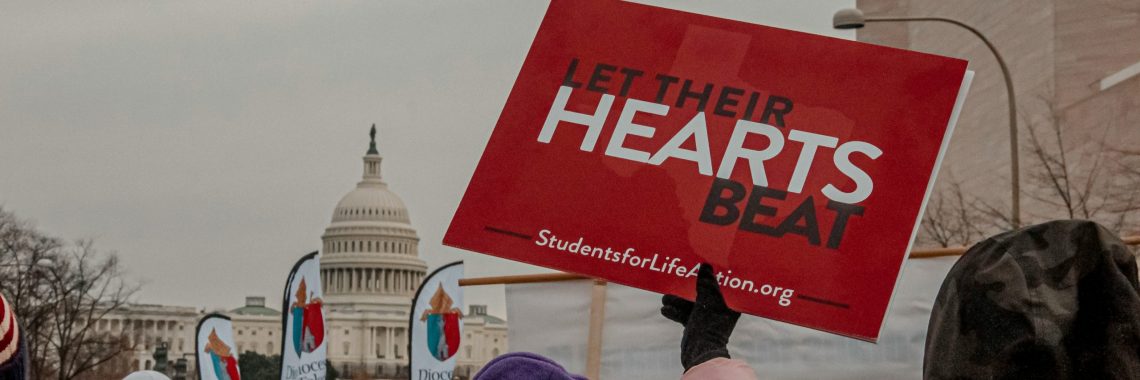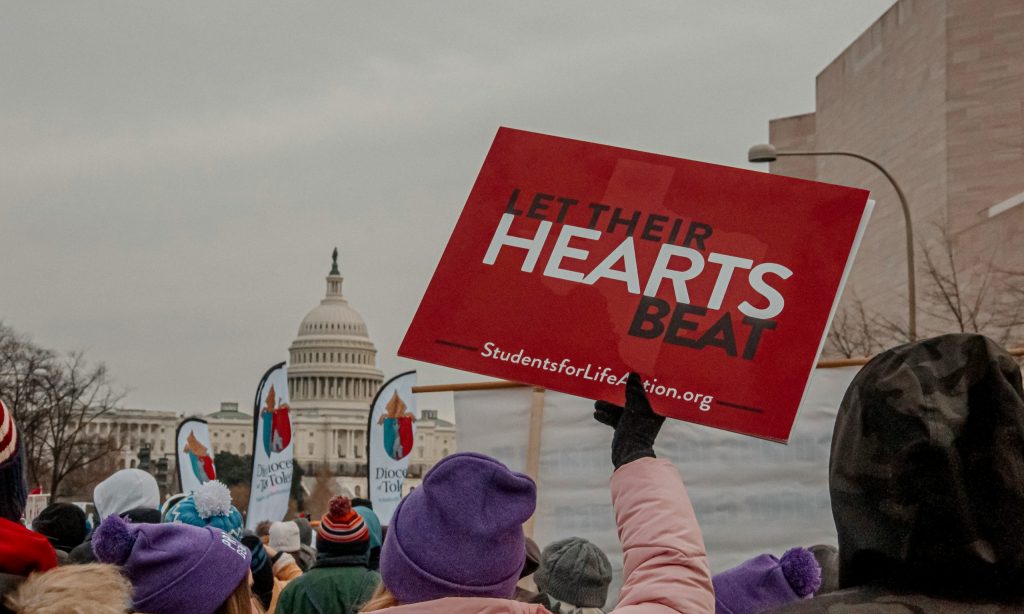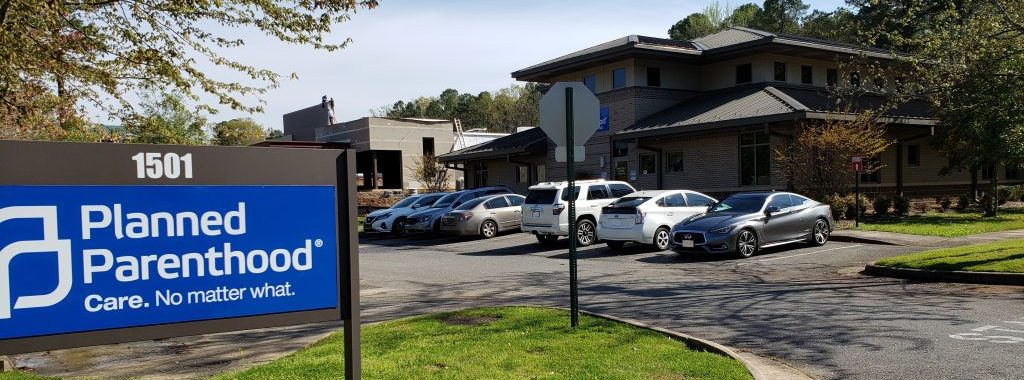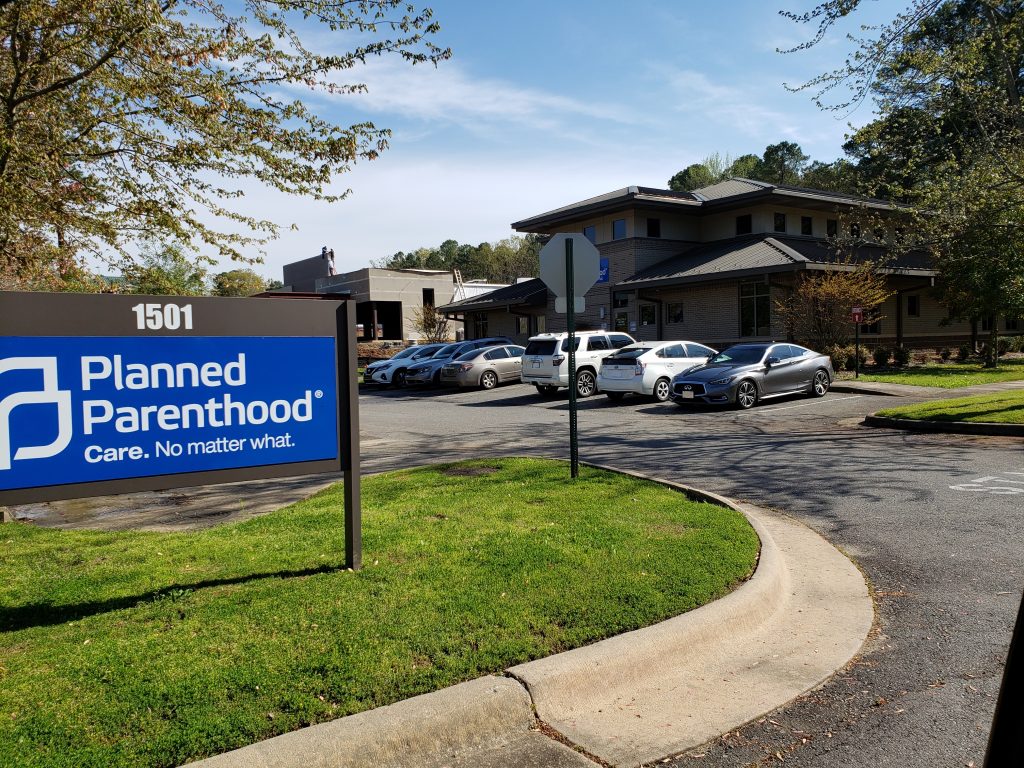Planned Parenthood Asks Court to Strike Missouri’s Pro-Life Laws Under New Abortion Amendment

On Tuesday, voters in Missouri narrowly passed an amendment writing abortion into the Missouri Constitution. On Wednesday, Planned Parenthood filed a sweeping lawsuit challenging virtually all of Missouri’s good, pro-life laws.
Planned Parenthood is the nation’s largest abortion provider, and the organization consistently opposes policies that protect women and unborn children from abortion.
Wednesday’s lawsuit challenges Missouri’s many pro-life measures, including the state’s good laws that:
- Prohibit abortion except to save the life of the mother
- Require abortionists to give women information about abortion’s risks, consequences, and alternatives
- Require abortionists to give women 72 hours to consider all options before an abortion
- Protect unborn children from being aborted due to their race or sex or due to being at risk for Down Syndrome
- Require abortion facilities to be licensed and inspected by the state
- Require abortionists to have hospital admitting privileges in case the woman experiences complications from abortion
- Outline how abortion data is recorded and reported to the state for statistical purposes
- Prohibit telemed abortions in Missouri
- Prevent healthcare professionals other than doctors from performing abortions
- Require abortionists to maintain various plans and agreements for handling abortion complications
This is not the first time pro-abortion groups have challenged commonsense abortion regulations in court. Planned Parenthood and the ACLU challenged reasonable pro-life laws in Ohio after an abortion amendment passed in that state last year.
Informed-consent requirements and facility inspection standards protect women from dangerous abortion practices, but those are the kinds of laws pro-abortion groups are challenging in court.
It does not seem likely that Missouri voters want unreported abortions happening in unlicensed facilities, but the state is facing that possibility now that this abortion amendment has passed.
It’s worth pointing out that Arkansas’ pro-life laws are very similar to Missouri’s — meaning that an abortion amendment in Arkansas likely would jeopardize the very same good laws.
All of this serves as a warning about what can happen when states write sweeping, pro-abortion language into their state constitutions.
Articles appearing on this website are written with the aid of Family Council’s researchers and writers.





